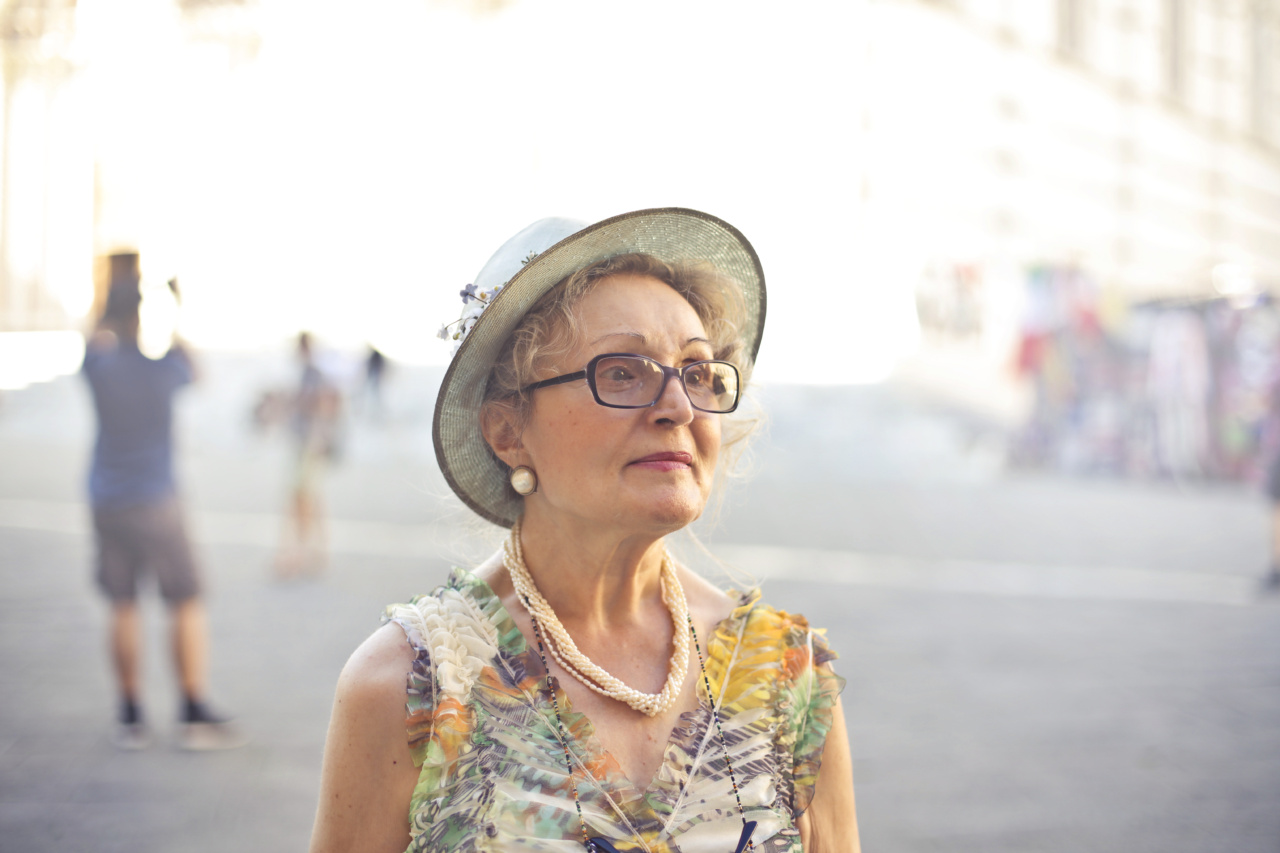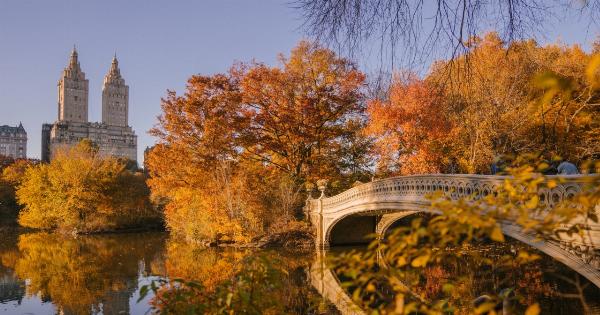Cities are known for their fast-paced lifestyles and various opportunities they offer. However, living in a city can take a toll on our health, particularly on our appearance. Many people who live in cities often appear older than their actual age.
This phenomenon can occur due to various factors that are unique to urban environments. In this article, we will explore the reasons why people living in cities look older than their age.
Pollution
One of the primary reasons why city dwellers tend to look older is pollution. Cities are notorious for their high levels of air pollution caused by industrial activities, vehicle emissions, and other factors.
The pollution in the air contains harmful particles called PM2.5, which can penetrate deep into our skin and accelerate the aging process. Long-term exposure to pollutants in cities can lead to the breakdown of collagen, resulting in wrinkles, fine lines, dark spots, and dull-looking skin.
Stress
Living in cities often brings along a significant amount of stress. The fast-paced lifestyle, demanding jobs, and the constant hustle and bustle of city life can lead to chronic stress.
High levels of stress trigger the production of cortisol, a hormone that can negatively affect our skin. Increased cortisol levels can disrupt the production of collagen and elastin, leading to sagging skin and the appearance of premature aging.
Poor Lifestyle Habits
City dwellers are more prone to adopting poor lifestyle habits, such as unhealthy diets, lack of exercise, and insufficient sleep.
The convenience of fast food and the accessibility of processed foods can lead to poor nutrition, which can directly impact our skin’s health and appearance. Additionally, the sedentary lifestyle that often accompanies city living can contribute to weight gain and decreased overall fitness levels, which can make individuals look older than their age.
Constant Exposure to Blue Light
In today’s digital era, people living in cities are constantly exposed to electronic devices such as smartphones, laptops, and tablets. These devices emit blue light, which can penetrate our skin and cause oxidative stress.
Prolonged exposure to blue light can lead to skin damage, inflammation, and the breakdown of collagen and elastin fibers, which accelerates the aging process.
Urban Heat Island Effect
Cities often experience what is known as the urban heat island effect. This phenomenon refers to the higher temperatures observed in urban areas compared to their rural surroundings.
The urban heat island effect can be attributed to the large amount of concrete and asphalt, which absorb and release heat. The excessive heat in cities can cause dehydration, sunburn, and heat rashes, all of which can contribute to premature aging of the skin.
Lack of Green Spaces
One common characteristic of cities is the limited availability of green spaces, such as parks and gardens. The absence of vegetation and greenery deprives city dwellers of the numerous benefits associated with spending time in nature.
Green spaces provide fresh air, ample sunlight, and relaxation, all of which are crucial for maintaining youthful and healthy-looking skin.
Poor Air Quality Indoors
While outdoor air pollution is a well-known issue in cities, indoor air quality is often overlooked. Many city dwellers spend a significant amount of time indoors, whether it’s at home or in the office.
However, indoor environments can also be polluted due to factors like chemicals from cleaning products, dust mites, mold, and poor ventilation systems. Breathing in these pollutants can have adverse effects on our skin and overall health, making us look older than our age.
Excessive Alcohol and Caffeine Consumption
City life often involves socializing and a thriving nightlife scene. However, excessive alcohol and caffeine consumption are common among city dwellers.
Alcohol dehydrates the body and can lead to inflammation, while caffeine can disrupt sleep patterns, leading to tired-looking skin. Both substances can contribute to dryness, wrinkles, and premature aging.
Unhealthy Habits for Coping
Living in a city can be overwhelming, and many people adopt unhealthy habits to cope with the stress and pressure. Smoking and excessive consumption of sugary and processed foods are common vices for many city residents.
These habits contribute to the production of free radicals in the body, which can accelerate the aging process and cause various skin issues.
Lack of Access to Fresh and Nutritious Food
Despite the abundance of food options in cities, many individuals find it challenging to access fresh and nutritious food. Fast food and processed meals are often more readily available and affordable compared to healthy alternatives.
Poor nutrition can lead to vitamin and mineral deficiencies, which can impact the health and appearance of our skin.
Lack of Sleep
City living is often associated with late nights, loud noises, and disturbances that can disrupt sleep patterns. Lack of sleep has numerous negative effects on our skin, including dark circles, puffiness, and a dull complexion.
The body repairs and regenerates the skin during sleep, so consistently getting insufficient sleep can contribute to premature aging.
Conclusion
Living in cities may come with various advantages, but it is important to recognize the potential effects on our appearance.
Factors such as pollution, stress, poor lifestyle habits, constant exposure to blue light, and the urban heat island effect can all contribute to individuals in cities looking older than their actual age.
While it may be challenging to completely avoid these factors, adopting a healthy and balanced lifestyle, including proper skincare, regular exercise, a nutritious diet, and sufficient rest, can help mitigate the effects of city living on our appearance and overall well-being.































